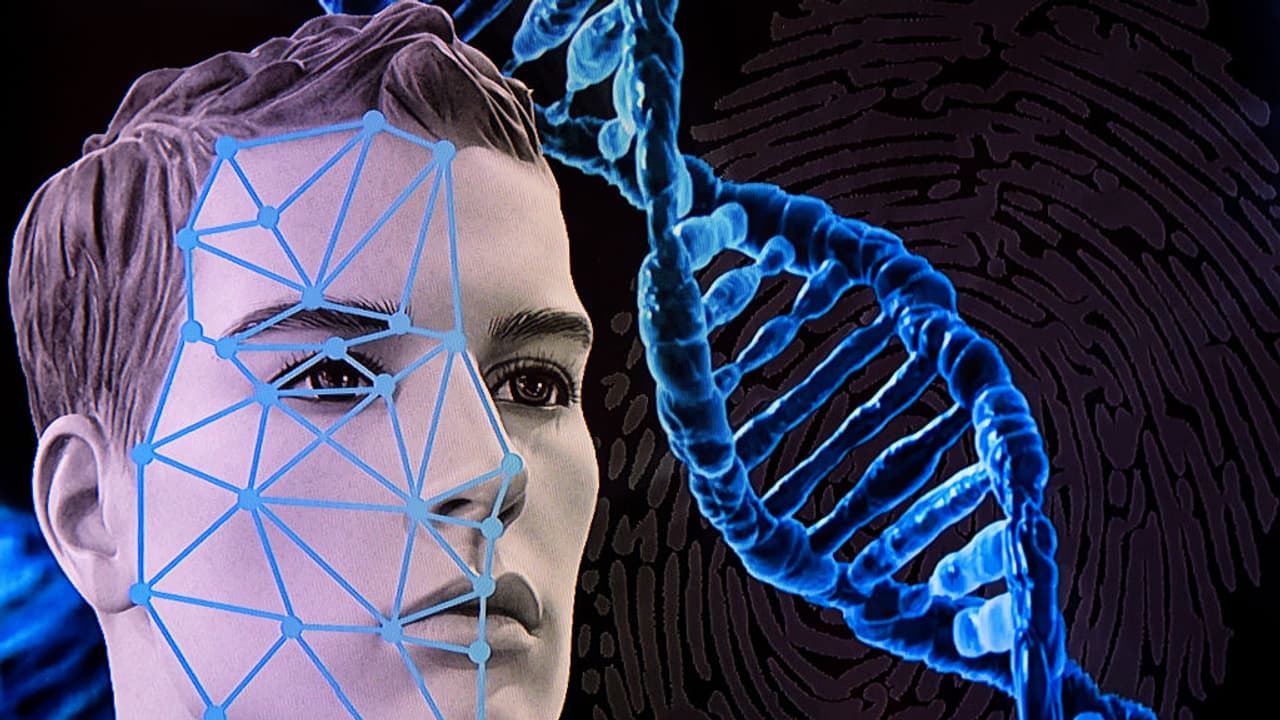Researchers have uncovered that the very DNA sequencing technology revolutionizing modern medicine might soon become a prime hunting ground for cybercriminals.
Researchers have uncovered that the very DNA sequencing technology revolutionizing modern medicine might soon become a prime hunting ground for cybercriminals.

Next-generation DNA sequencing (NGS) — the cutting-edge innovation propelling breakthroughs in personalised medicine, cancer diagnostics, infectious disease surveillance, and genetic research — is now under the spotlight for its potential cybersecurity flaws.
A groundbreaking study published in IEEE Access, led by Dr. Nasreen Anjum from the University of Portsmouth’s School of Computing, is the first to offer an examination of cyber-biosecurity vulnerabilities lurking throughout the entire NGS workflow.
NGS, hailed as a cornerstone of contemporary biotechnology, enables rapid and cost-effective decoding of DNA and RNA, fueling advances in oncology, pharmacology, agriculture, and forensic science. However, the intricate sequence of interlinked steps — from biological sample preparation to final data interpretation — involves a medley of specialised equipment, software, and networked systems that, if left unguarded, could serve as multiple gateways for malicious intrusion.
Our DNA is at risk of hacking
The study warns that openly accessible genomic data online could become a goldmine for cybercriminals, ripe for exploitation in surveillance operations, data manipulation, or even sinister bioengineering efforts.
“Our work is a wake-up call. Protecting genomic data isn't just about encryption — it's about anticipating attacks that don't yet exist. We need a paradigm shift in how we secure the future of precision medicine,” Dr Anjum said, issuing a stark warning about the growing risks in this overlooked digital battleground.
The research, conducted in collaboration with experts from Anglia Ruskin University, University of Gloucestershire, Narjan University, and Shaheed Benazir Bhutto Women University, exposes new, chilling attack vectors — including synthetic DNA-encoded malware, AI-manipulated genome datasets, and identity tracing via advanced re-identification techniques.
“Genomic data is one of the most personal forms of data we have. If compromised, the consequences go far beyond a typical data breach,” emphasised Dr Mahreen-Ul-Hassan, microbiologist and co-author from Shaheed Benazir Bhutto Women University.
Unlike standard data leaks, the fallout from a genomic breach could shatter personal privacy, undermine scientific credibility, and even threaten national biosecurity.
Dr Anjum added, “Despite its importance, cyber-biosecurity remains one of the most neglected and poorly understood research disciplines and is leaving a critical gap in global biosecurity. To make sure our DNA information stays safe and is used only for good, we're urging more research and collaboration to find ways to keep this powerful technology secure.
“Governments, regulatory bodies, funding agencies, and academic institutions must prioritise this field and invest in dedicated research, education, and policy development before it's too late.”
The researchers urge swift and cohesive action, warning that disjointed protections and a lack of interdisciplinary cooperation could pave the way for genomic abuse, ranging from discriminatory practices to bio-terrorism.
“Without coordinated action, genomic data could be exploited for surveillance, discrimination, or even bioterrorism... Key to successful prevention will be interdisciplinary cooperation between computer scientists, bioinformaticians, biotechnologists, and security professionals — groups that rarely work together but must align,” she added.
The paper concludes with tangible countermeasures: secure sequencing protocols, robust encryption, and AI-driven anomaly detection, laying a robust foundation for the future of cyber-biosecurity.


